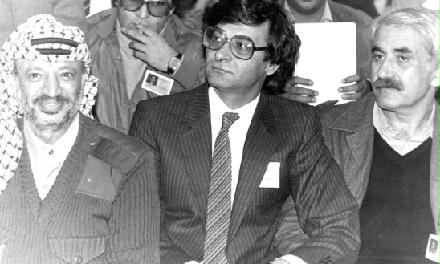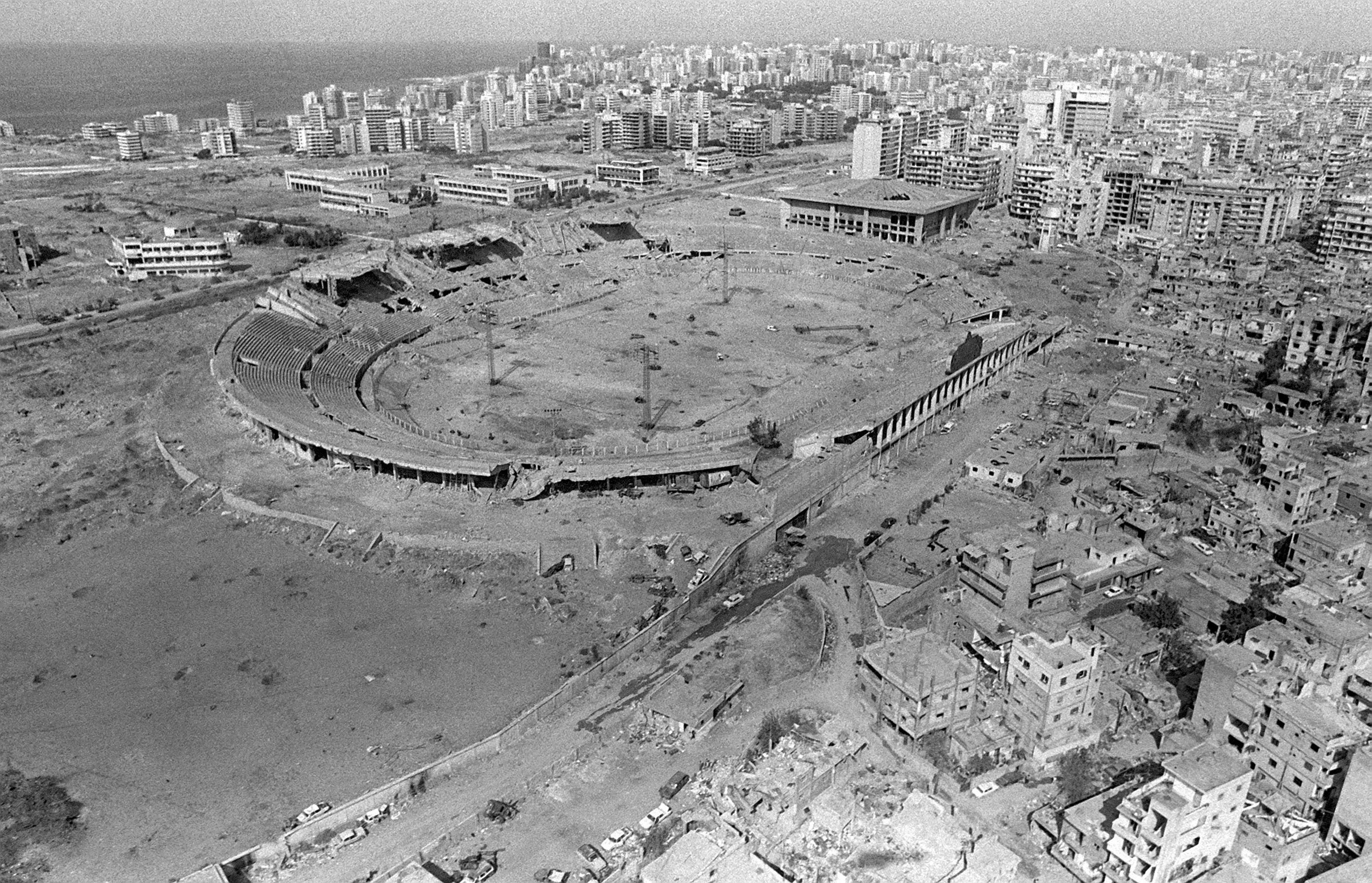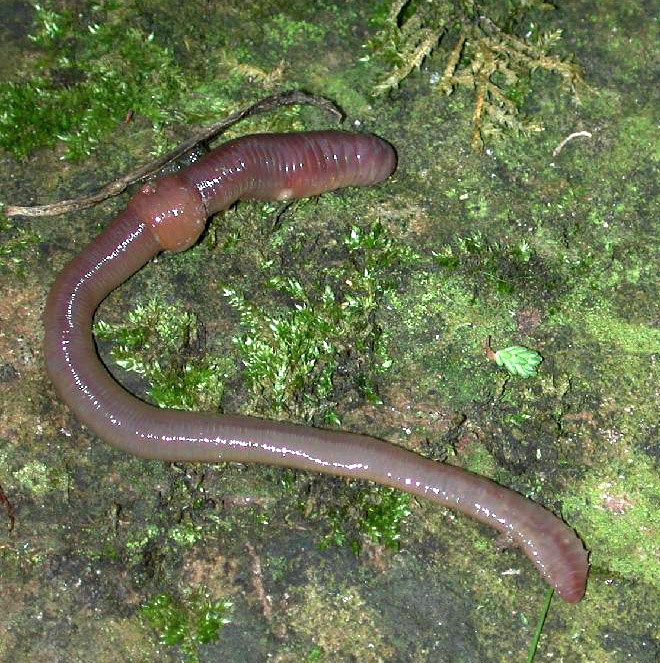|
Memory For Forgetfulness
''Memory for Forgetfulness'' ( Arabic: ''Dhakirah li-al-nisyan'') is a 1987 prose poem by Palestinian poet Mahmoud Darwish. The work is a memoir of the Siege of Beirut during the Lebanese Civil War and the 1982 Israeli invasion of Lebanon. It was translated into English in 1995 by Ibrahim Muhawi, and into Hebrew by Salman Masalha Salman Masalha ( ar, سلمان مصالحة, he, סלמאן מצאלחה; born November 4, 1953) is an Israeli poet, writer, essayist and translator. Masalha is a bilingual writer who writes in Arabic and Hebrew, and publishes in both languages. .... Background Darwish wrote ''Memory for Forgetfulness'' in Paris in 1986, during what Muhawi described as a "three-month self-siege" to recall his feelings of isolation during the summer 1982 siege. He originally published the work in a 1986 issue of the periodical he edited, ''Al-Karmel'', under the title "The Time: Beirut. The Place: August.", as the prologue to an autobiography. When he republished t ... [...More Info...] [...Related Items...] OR: [Wikipedia] [Google] [Baidu] |
Arabic Language
Arabic (, ' ; , ' or ) is a Semitic language spoken primarily across the Arab world.Semitic languages: an international handbook / edited by Stefan Weninger; in collaboration with Geoffrey Khan, Michael P. Streck, Janet C. E.Watson; Walter de Gruyter GmbH & Co. KG, Berlin/Boston, 2011. Having emerged in the 1st century, it is named after the Arab people; the term "Arab" was initially used to describe those living in the Arabian Peninsula, as perceived by geographers from ancient Greece. Since the 7th century, Arabic has been characterized by diglossia, with an opposition between a standard prestige language—i.e., Literary Arabic: Modern Standard Arabic (MSA) or Classical Arabic—and diverse vernacular varieties, which serve as mother tongues. Colloquial dialects vary significantly from MSA, impeding mutual intelligibility. MSA is only acquired through formal education and is not spoken natively. It is the language of literature, official documents, and formal written m ... [...More Info...] [...Related Items...] OR: [Wikipedia] [Google] [Baidu] |
Palestinians
Palestinians ( ar, الفلسطينيون, ; he, פָלַסְטִינִים, ) or Palestinian people ( ar, الشعب الفلسطيني, label=none, ), also referred to as Palestinian Arabs ( ar, الفلسطينيين العرب, label=none, ), are an ethnic group, ethnonational group descending from peoples who have inhabited the region of Palestine (region), Palestine over the millennia, and who are today culturally and linguistically Arabs, Arab. Despite various Arab–Israeli conflict, wars and Palestinian exodus (other), exoduses, roughly one half of the world's Palestinian population continues to reside in the territory of former Mandatory Palestine, British Palestine, now encompassing the West Bank and the Gaza Strip (the Palestinian territories) as well as Israel. In this combined area, , Palestinians constituted 49 percent of all inhabitants, encompassing the entire population of the Gaza Strip (1.865 million), the majority of the population of the We ... [...More Info...] [...Related Items...] OR: [Wikipedia] [Google] [Baidu] |
Mahmoud Darwish
Mahmoud Darwish ( ar, محمود درويش, Maḥmūd Darwīsh, 13 March 1941 – 9 August 2008) was a Palestinian poet and author who was regarded as the Palestinian national poet. He won numerous awards for his works. Darwish used Palestine as a metaphor for the loss of Eden, birth and resurrection, and the anguish of dispossession and exile.Maya Jaggi"Profile: Mahmoud Darwish – Poet of the Arab world" ''The Guardian'', 8 June 2002. He has been described as incarnating and reflecting "the tradition of the political poet in Islam, the man of action whose action is poetry.""Prince of Poets" ''The American Scholar''. He also served as an editor for several literary magazines in Palestine. Biography Mahmoud Darwish was born in 1941 in |
Siege Of Beirut
The siege of Beirut took place in summer 1982, as part of the 1982 Lebanon War, which resulted from the breakdown of the ceasefire effected by the United Nations. The siege ended with the Palestinian Liberation Organization being forced out of Beirut and the rest of Lebanon. Historical setting The PLO moved its primary base of operations to Beirut in the early 1970s, after Black September in Jordan. The presence of Palestinian forces was one of the main reasons that led to a conflict in Lebanon in 1975–1976 which ended with the occupation of Lebanon by peacekeeping forces from several Arab countries, including Syria. Over the next few years, the Syrians and the PLO gained power in Lebanon, surpassing the ability of the official Lebanese government to curtail or control their actions. Throughout this time, artillery and rocket attacks were launched against Israel. Israel bombed targets in Lebanon and in 1978 launched a military invasion in to Southern Lebanon codenamed "Operati ... [...More Info...] [...Related Items...] OR: [Wikipedia] [Google] [Baidu] |
Lebanese Civil War
The Lebanese Civil War ( ar, الحرب الأهلية اللبنانية, translit=Al-Ḥarb al-Ahliyyah al-Libnāniyyah) was a multifaceted armed conflict that took place from 1975 to 1990. It resulted in an estimated 120,000 fatalities and an exodus of almost one million people from Lebanon. The diversity of the Lebanese population played a notable role in the lead-up to and during the conflict: Sunni Muslims and Christians comprised the majority in the coastal cities; Shia Muslims were primarily based in the south and the Beqaa Valley in the east; and Druze and Christians populated the country's mountainous areas. The Lebanese government had been run under the significant influence of elites within the Maronite Christian community. The link between politics and religion had been reinforced under the French Mandate from 1920 to 1943, and the country's parliamentary structure favoured a leading position for its Christian-majority population. However, the country had a ... [...More Info...] [...Related Items...] OR: [Wikipedia] [Google] [Baidu] |
1982 Israeli Invasion Of Lebanon
The 1982 Lebanon War, dubbed Operation Peace for Galilee ( he, מבצע שלום הגליל, or מבצע של"ג ''Mivtsa Shlom HaGalil'' or ''Mivtsa Sheleg'') by the Israeli government, later known in Israel as the Lebanon War or the First Lebanon War ( he, מלחמת לבנון הראשונה, ''Milhemet Levanon Harishona''), and known in Lebanon as "the invasion" ( ar, الاجتياح, ''Al-ijtiyāḥ''), began on 6 June 1982, when the Israel Defense Forces (IDF) invaded southern Lebanon. The invasion followed a series of attacks and counter-attacks between the Palestine Liberation Organization (PLO) operating in southern Lebanon and the IDF that had caused civilian casualties on both sides of the border. The military operation was launched after gunmen from Abu Nidal's organization attempted to assassinate Shlomo Argov, Israel's ambassador to the United Kingdom. Israeli Prime Minister Menachem Begin blamed Abu Nidal's enemy, the PLO, for the incident, and used the inciden ... [...More Info...] [...Related Items...] OR: [Wikipedia] [Google] [Baidu] |
Ibrahim Muhawi
Ibrahim Muhawi (born 1937, ar, إبراهيم مهوي) is a Palestinian academic and writer, specializing in Palestinian and Arabic literature, folklore and translation. He is a member of the Palestinian diaspora.Ibrahim Muhawi,’Translation and the Palestinian Diaspora,’ in Abbas Shiblak (ed.) ''Translation and the Palestinian Diaspora:Challenges of Dual Identity and Adaptation,'' Institute of Jerusalem Studies, Refugee and Diaspora Studies, No.2, 6 May 2000 pp. 117-121 Career Muhawi was born in Ramallah in 1937 to a Palestinian Christian Arab family. and, after graduating from the Friends Boys' School in that city, he transferred to the United States in 1959, settling in San Francisco.where he gained a degree in electrical engineering at Heald Engineering College. Drawn to literature in the meantime, he took out a B.A. in English (1964: magna cum laude) from California State University at Hayward , and went on to obtain an M.A. (1966) and a Ph.D. (1969), in the same su ... [...More Info...] [...Related Items...] OR: [Wikipedia] [Google] [Baidu] |
Salman Masalha
Salman Masalha ( ar, سلمان مصالحة, he, סלמאן מצאלחה; born November 4, 1953) is an Israeli poet, writer, essayist and translator. Masalha is a bilingual writer who writes in Arabic and Hebrew, and publishes in both languages. His poetry has also appeared in other languages. Salman is a frequent contributor to left-leaning Israeli newspaper, Haaretz. Biography Masalha was born on November 4, 1953 to a Druze family in Maghar, a village in the Galilee in northern Israel. After graduating from high school he moved to Jerusalem, where he has been living since 1972. Masalha studied at the Hebrew University of Jerusalem and holds a Ph.D. degree in Arabic literature. He wrote his thesis on the mythological elements of ancient Arabic poetry. He taught Arabic language and literature at the Hebrew University and served as co-editor of the Concordance of Early Arabic Poetry. One volume of the concordance titled ''Six Early Arab Poets: New Edition and Concordance'' w ... [...More Info...] [...Related Items...] OR: [Wikipedia] [Google] [Baidu] |
Paris
Paris () is the capital and most populous city of France, with an estimated population of 2,165,423 residents in 2019 in an area of more than 105 km² (41 sq mi), making it the 30th most densely populated city in the world in 2020. Since the 17th century, Paris has been one of the world's major centres of finance, diplomacy, commerce, fashion, gastronomy, and science. For its leading role in the arts and sciences, as well as its very early system of street lighting, in the 19th century it became known as "the City of Light". Like London, prior to the Second World War, it was also sometimes called the capital of the world. The City of Paris is the centre of the Île-de-France region, or Paris Region, with an estimated population of 12,262,544 in 2019, or about 19% of the population of France, making the region France's primate city. The Paris Region had a GDP of €739 billion ($743 billion) in 2019, which is the highest in Europe. According to the Economist Intelli ... [...More Info...] [...Related Items...] OR: [Wikipedia] [Google] [Baidu] |
Coffee
Coffee is a drink prepared from roasted coffee beans. Darkly colored, bitter, and slightly acidic, coffee has a stimulant, stimulating effect on humans, primarily due to its caffeine content. It is the most popular hot drink in the world. Seeds of the ''Coffea'' plant's fruits are separated to produce unroasted green coffee beans. The beans are Coffee roasting, roasted and then ground into fine particles that are typically steeped in hot water before being filtered out, producing a cup of coffee. It is usually served hot, although chilled or iced coffee is common. Coffee can be prepared and presented in a variety of ways (e.g., espresso, French press, caffè latte, or already-brewed canned coffee). Sugar, sugar substitutes, milk, and cream are often used to mask the bitter taste or enhance the flavor. Though coffee is now a global commodity, it has a History of coffee, long history tied closely to food traditions around the Red Sea. The earliest credible evidence of coffee d ... [...More Info...] [...Related Items...] OR: [Wikipedia] [Google] [Baidu] |
Dove
Columbidae () is a bird family consisting of doves and pigeons. It is the only family in the order Columbiformes. These are stout-bodied birds with short necks and short slender bills that in some species feature fleshy ceres. They primarily feed on seeds, fruits, and plants. The family occurs worldwide, but the greatest variety is in the Indomalayan and Australasian realms. The family contains 344 species divided into 50 genera. Thirteen of the species are extinct. In English, the smaller species tend to be called "doves" and the larger ones "pigeons". However, the distinction is not consistent, and does not exist in most other languages. Historically, the common names for these birds involve a great deal of variation between the terms. The bird most commonly referred to as just "pigeon" is the domestic pigeon, which is common in many cities as the feral pigeon. Doves and pigeons build relatively flimsy nests, often using sticks and other debris, which may be placed on b ... [...More Info...] [...Related Items...] OR: [Wikipedia] [Google] [Baidu] |
Worm
Worms are many different distantly related bilateral animals that typically have a long cylindrical tube-like body, no limbs, and no eyes (though not always). Worms vary in size from microscopic to over in length for marine polychaete worms (bristle worms); for the African giant earthworm, ''Microchaetus rappi''; and for the marine nemertean worm (bootlace worm), ''Lineus longissimus''. Various types of worm occupy a small variety of parasitic niches, living inside the bodies of other animals. Free-living worm species do not live on land but instead live in marine or freshwater environments or underground by burrowing. In biology, "worm" refers to an obsolete taxon, ''vermes'', used by Carolus Linnaeus and Jean-Baptiste Lamarck for all non-arthropod invertebrate animals, now seen to be paraphyletic. The name stems from the Old English word ''wyrm''. Most animals called "worms" are invertebrates, but the term is also used for the amphibian caecilians and the slowworm '' A ... [...More Info...] [...Related Items...] OR: [Wikipedia] [Google] [Baidu] |









